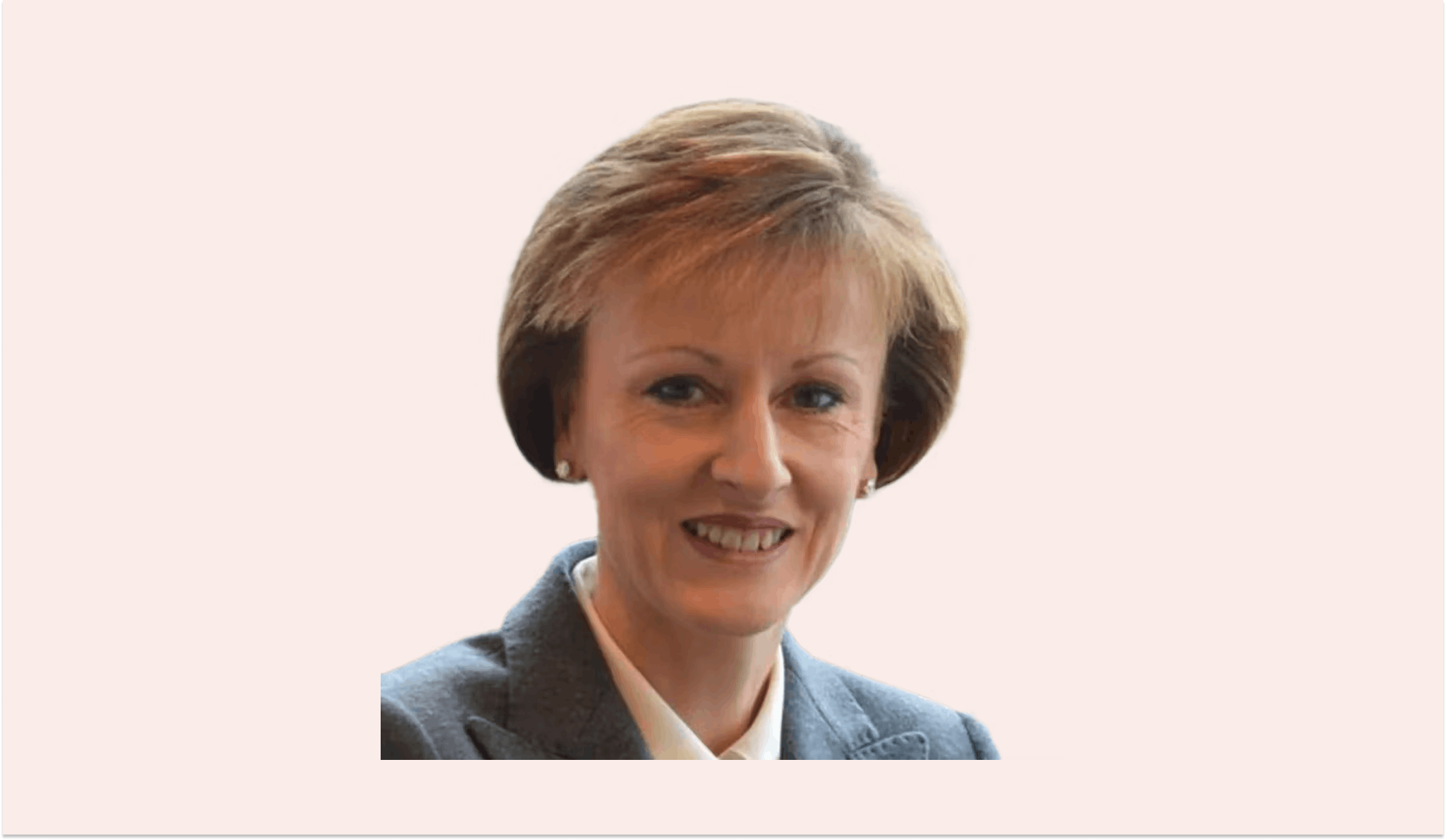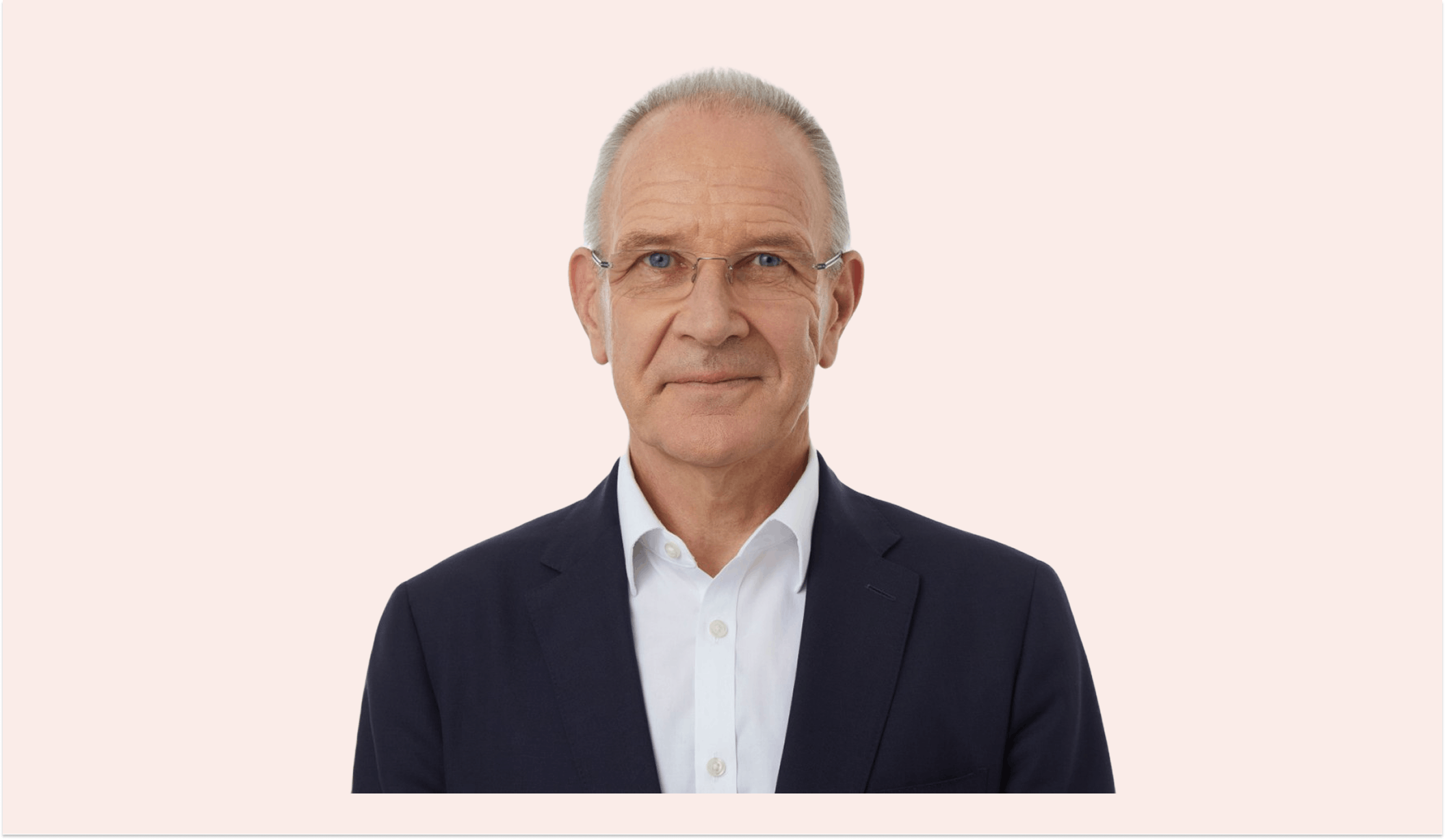
How to serve on a third sector board | Joanna Rees
Joanna Rees has been the Executive Chairman of West Global since November 2023, and previously served as the Managing Partner of West since June 2016. West provides marketing and brand expertise and investment capital to leading high-growth private companies. West client companies have included Twitter, Square, Impossible Foods, Inception Fertility, GoFundMe, Newfront Insurance, Braintree and Proxy, to name a few. She was a Managing Director of Soda Rock Partners, an investment and consulting firm, where she served as an investor, board member and senior advisor to multiple high-growth companies.
What boards, private and third sector, do you currently sit on? And which have you sat on in the past?
On the for-profit side, I have been on the board of FICO for eight years. I also sit on the board of Inception Fertility, which is the largest fertility network in North America, and the board of Altro, a very early-stage company that enables people to access credit by counting things like their online subscriptions. It is mostly for people of colour or immigrants who have a hard time accessing credit. Lastly, I Chair the board of illumyn, which is the for-profit side of the non-profit Illumyn Impact, a social impact venture aimed at accelerating diversity on corporate boards, where I also Chair the board. In addition, on the non-profit side I sit on the boards of The Representation Project and Endeavor.
In the past, I was on the National Venture Capital Association Board. I chaired the boards of BUILD, which teaches entrepreneurship curriculum in public schools and the National Foundation for Teaching Entrepreneurship. I served on the board of the NewSchools Venture Fund, for over a decade, which is the largest venture philanthropy fund supporting education entrepreneurs.
You have extensive experience in venture capital and finance, as well as marketing and branding in the private sector. Do you find that those skill sets intersect with your contributions to non-profit roles?
Yes. Non-profits are a fragmented sector, and everyone is competing for funding often among the same pools of capital. Marketing and branding help guide how we establish ourselves within a gigantic ecosystem of people trying to make an impact.
Venture capital helps us think about business metrics. I was originally brought into Endeavor as a marketer to help them think about distinguishing themselves, but I created a fund called Endeavor Catalyst by leveraging my VC background. I put a structure in place which allowed a non-profit to own a for-profit entity without paying capital gains on the money it received. That for-profit entity within the non-profit will enable Endeavor to be economically self-sustainable over time. Since then, $100 million has come back to Endeavor, and twenty of the fund’s companies have become the first-ever ‘unicorns’ in their country - the metrics are unbelievable, but it [felt like] a pipe dream when we started.
How do you see the synergy between the for-profit and non-profit sectors when it comes to driving innovation and social change?
For-profits are good at innovation and non-profits are good at social change. They both need to embrace the other. That is where I try to focus.
What do you find are the key differences or similarities between advising for-profit executives and non-profit executives?
For-profit executives are held to very specific metrics. Financial performance is the focus, and then we talk about things like culture. On the non-profit side, I find that we talk about things like culture [as the focus], and financial impact comes second. I would love to see more rigour there so that we are clearly focused on significant impact at scale.
Passion is what these executives have in common. When I advise for-profit leaders, I advise them on the softer things like upward mobility for women in the organisation. At FICO, we hire from historically black colleges and universities, for example. When I am advising non-profit leaders, it is the opposite - I tell them to get more into their head than their heart. The similarity between [both types of executives] is the desire to make a big impact with different metrics.
Are there specific practices from for-profit governance, that you feel should be more widely adopted across third-sector boards, or vice versa?
For non-profits, there should be more rigour in trying to dissect the market impact. Is it having an impact? Are we achieving transformational change? I think many consulting firms play a key role in helping non-profits figure that out, often as pro bono work.
Given your commitment to supporting women's initiatives through organisations like Illumyn Impact and TRP, what role do you believe governance plays in advancing gender equality and empowerment in for-profit settings?
The things that I look at specifically are equitable participation across our employees and the upward mobility of women. Since coaching and mentoring programmes at FICO have been put in place, we have promoted more female VPs than ever, and we are starting to see a pathway to upward mobility. I bring this discussion to the full board at FICO where I Chair the leadership development and compensation committee.
I would say within private equity and venture capital-backed companies, it is hard to utilise the board structure as a way to influence gender equality within the organisation. Believe it or not, Inception Fertility is the largest fertility network in North America - and I am the only woman on the board. That is why the work at Illumyn Impact is so important. I am not a fan of mandates [like California’s now-blocked law mandating that public companies must have three women on their board]; I would never want to feel I was there to check the box. I think there are other ways to have influence.
What advice do you wish you had been given when joining your first board?
I wish someone had told me that I am there for a reason and my voice matters. I think in my early days, sometimes I was hesitant to speak up. I wish someone had told me to ask a lot of questions. I wanted to look like I was smart – but great questions [lead to] great learnings for everyone else. It is not about looking like you are the smartest person in the room; it is about asking the best questions to open the aperture on potential problems and opportunity.
Joanna Rees
Joanna Rees stands at the intersection of brand innovation, venture capital, and corporate governance, bringing transformative insights to public and private company boards. She currently serves on the board of FICO, Inception Fertility and Illumyn. At FICO she Chairs Leadership Development and Compensation and additionally serves on Nominating & Governance and the Executive Committee. Joanna brings deep expertise in scaling high-potential companies and navigating complex market dynamics.
As Chairman of West Global, a premier brand and strategy firm, Joanna has guided the strategic evolution of industry-defining companies including Twitter (now X), Square, Ro, NewFront and Impossible Foods. Her unique perspective stems from a multifaceted career spanning brand management and venture capital. She started her career at Benton & Bowles followed by leading multiple brands at Danone. She founded VSP Capital after working in investment banking at BA Securities and Vrolyk & Co. Her strategic vision and tenacious execution were instrumental in launching Endeavor Catalyst, a groundbreaking impact investment fund, as part of the non-profit Endeavor Global. Endeavor Catalyst has over $500 million under management.
She was recognized as a World Economic Forum Global Leader for Tomorrow and an Aspen Institute Henry Crown Fellow, where she also serves as a Senior Seminar Moderator. Joanna's influence extends beyond the boardroom. Her civic leadership includes a mayoral candidacy in San Francisco and as a Senior Partner at The B Team, driving sustainable business practices globally. Her current nonprofit board portfolio includes The Representation Project, Endeavor Global, and Illumyn Impact reflecting her commitment to driving social impact.
Drawing from her science background at Duke University and her experience as an NCAA Division I athlete, Joanna brings rigor to her work. She holds an MBA in Finance from Columbia University.
Susan Boster (interviewer) is the Founder and CEO of Boster Group Ltd., an award-winning consultancy specialising in the development of innovative partnerships between global corporations, cultural institutions and social impact foundations. Current and recent clients include Disney, Meta, Gap Inc., Moët Hennessy, J.P. Morgan, Bacardi, EY, Goldman Sachs, Montblanc and the Leverhulme Trust.
Previously, as Marketing Director at Barnes & Noble and later CMO at News International, Susan oversaw the transitions of both companies to e-commerce and digital platforms, including the launch of barnesandnoble.com.
Susan sits on the board of the Design Museum and is an Advisor to The Representation Project. She previously served as a Trustee at the Donmar Warehouse and as Vice Chair of the English National Ballet. Susan is regularly featured as a moderator and keynote speaker at conferences such as the World Economic Forum, the Cannes Festival of Creativity and CogX, where she is an Editorial Advisor. She is a Consultant Lecturer at Sotheby’s Institute of Art.






